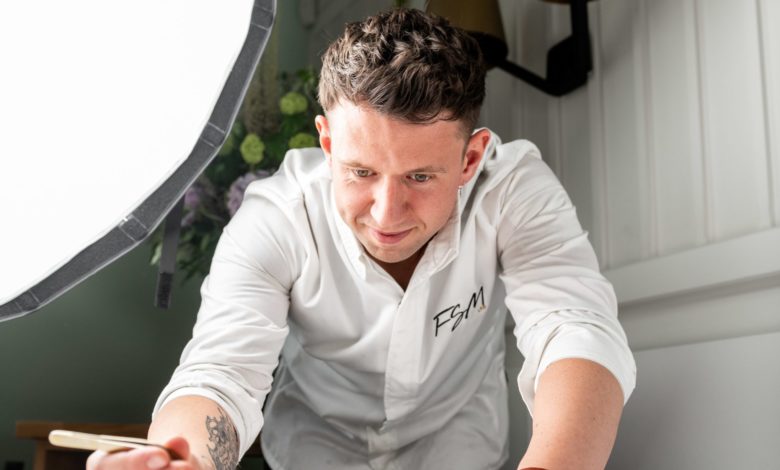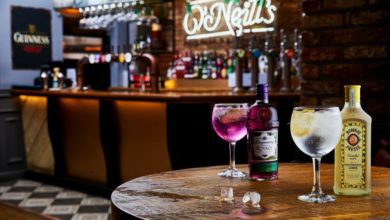
Register to get 1 free article
Reveal the article below by registering for our email newsletter.
Want unlimited access? View Plans
Already have an account? Sign in
Most business owners don’t realise that they have two businesses to take care of; the one they are and the one they’re becoming. The prior is where most get stuck in and forget to work on the latter and subconsciously get into a rut. I’m going to share a main reason why. Whether you’re a restaurant, a supplier, a commercial brand or any business for that matter, there is one critical principle of how stories can strengthen any business. Information without emotion is rarely retained.
What we eat for dinner is a result of what we put on our plate, So when we focus on what we put into our business, we can equally shape the outcomes we aspire to achieve. So if you have an appetite for improvement, I implore you to adopt storytelling into your action plan for growth. It is the single most effective driver for creating an unstoppable team culture, loyal brand fans and incentivising the industry to support your narrative. These three pillars can transform any business from the ground up if you recognise and execute these two simple strategies.
Company culture needs a narrative
The story we tell ourselves will define us.
We all know, or at least should know by now, that people are the essence of any business. They meet our customers, they serve our guests, blend our whiskey, catch our fish, and lead our teams. But what happens when there is no story within the culture? MVP, a term used in the tech world (minimum viable product), refers to the bare minimum version needed to operate functionally. I use the MVP term when I see teams without a narrative driven into their culture, and I call them minimum viable people. They work in the lowest capacity without inspiration or drive to do anything past the lowest expectation because there is no higher purpose or WHY within their daily practice.
As you read this, you might begin to realise some of the businesses around you where you’ve seen MVP. Or, if you recognise any of these traits in your own business, don’t worry because I’m going to help you begin to pivot onto a better road map that compels your team to get out of bed every morning and make an impact.
Here are the three critical steps to turn it around: decide it, design it and deliver it. If applied and truly ingrained, you’ll be able to gain momentum in everything you do when you have the drive of your team behind you. We coach businesses through this full circle branding process, but I want to give you some questions to start you off. I believe well-formed questions lead to well-formed stories, so please use these few to guide you through the first stage of deciding it:
As a company…
Why did you start your business?
What problem do you aim to solve?
Who is your solution for?
What excites you most through the work you do?
What challenges have you overcome to understand your consumer better?
Aside from creating a successful business, why do you do what you do?
What unique value do you add differently to your competition?
Now, what does that look, sound and feel like? Use words, images and music to become absorbed in it and showcase the story you now have clarity on with your team. This alone will form enormous progress when you implement it into your strategy with passion.
Create fans, not customers
Can you imagine the impact a fan could have on your business? If they were so connected, they would tell everyone about the experience, the highlights, the team players, and those special moments that produced a pure feeling of joy. The value would be priceless. Most businesses have customers, but world-class companies have fans. They follow the journey, they sing your song, and they celebrate your successes.
Storytelling is defined by connection; when you have this, you have more than a customer. You have someone with an emotional attachment to the brand created by understanding the narrative and relating somehow, thus forming a sense of loyalty and trust to that particular brand. The most impactful purpose of storytelling is that it holds the key to falling in love with your brand and provokes the synergy between your narrative and the experience you offer.







